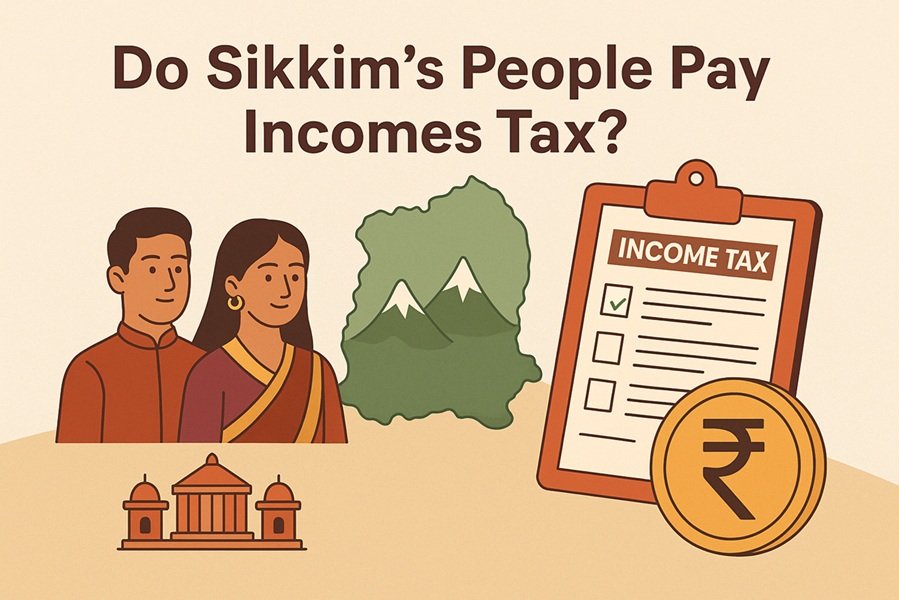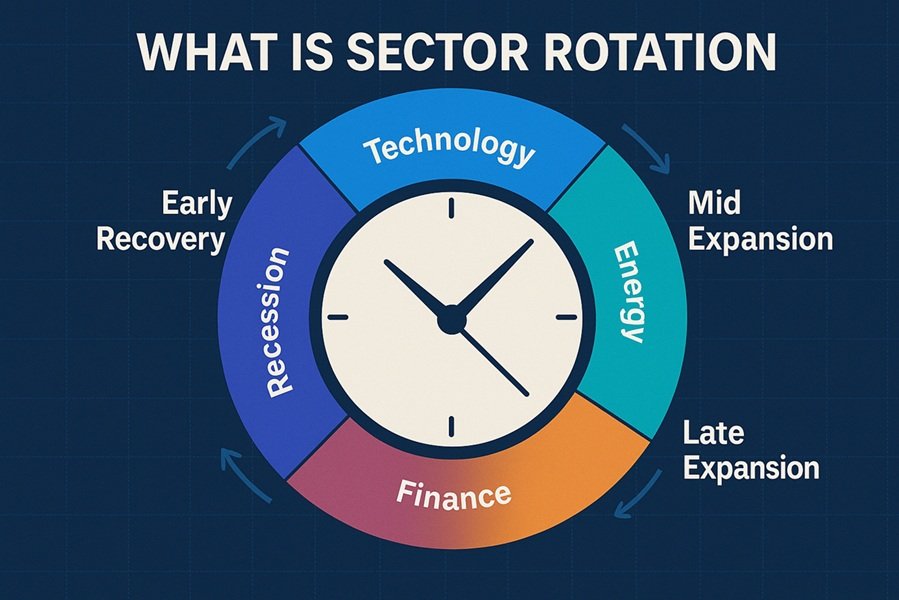
Sikkim, the serene Himalayan state known for its pristine landscapes, rich traditions, and strategic importance, often raises curiosity among Indians and policymakers alike for one intriguing reason — the unique income tax exemption enjoyed by many of its residents. Unlike citizens of other Indian states, some Sikkimese people are not required to pay income tax under specific conditions. This privilege, rooted in Sikkim’s historical merger with India and protected by the Constitution, continues to make the state a fascinating case study in India’s fiscal federalism.
This article provides a detailed analysis of whether Sikkim’s people pay income tax, the legal provisions behind the exemption, who qualifies, and the current debates surrounding this special status.
Historical Background: From Kingdom to Indian State
Before joining India, Sikkim was a sovereign monarchy ruled by the Chogyal (king). It had its own administrative systems, revenue structure, and taxation rules. In 1975, following a referendum, Sikkim officially became the 22nd state of India.
However, during its merger, the Indian government assured that Sikkim’s distinct identity, traditions, and existing laws would be safeguarded.
To ensure this, Article 371F was inserted into the Indian Constitution. It granted Sikkim a special status and allowed its pre-merger laws to continue until replaced or repealed by Parliament. Among those laws was Sikkim’s own income tax regime, separate from the Indian Income-tax Act, 1961.
This historical context is crucial to understanding why Sikkimese citizens were — and still are, in certain cases — treated differently in matters of income taxation.
Legal Foundation of the Exemption
The key legal provision that governs the tax exemption for Sikkimese people is Section 10(26AAA) of the Income-tax Act, 1961, inserted by the Finance Act, 2008.
This section states that any income accruing or arising to an individual from Sikkim shall be exempt from income tax if that person satisfies two conditions:
- The individual is a Sikkimese as defined under the provision.
- The income accrues or arises in Sikkim.
Simply put, if you are recognized as a Sikkimese individual and earn your income within Sikkim, your earnings are exempt from central income tax.
However, income earned outside Sikkim — for example, from employment, business, or property in other Indian states — is taxable under normal Indian income-tax laws.
Who Qualifies as a “Sikkimese”?
This is where things become more specific. The term “Sikkimese” is defined in Section 10(26AAA) of the Income-tax Act. It includes:
- Individuals whose names were recorded in the Sikkim Subjects Register (SSR) maintained under the Sikkim Subjects Regulation, 1961, before the merger.
- Their descendants.
- Individuals who became citizens of India under the Sikkim Citizenship Act, 1975.
This definition ensures that only genuine Sikkimese residents or their lineal descendants are eligible for the tax exemption, not every person currently living in Sikkim.
Which Incomes Are Exempt?
If you qualify as a Sikkimese individual, the following incomes are generally exempt from income tax:
- Salary income earned from employment within Sikkim.
- Business profits from enterprises operating in Sikkim.
- Income from property located in Sikkim.
- Interest, rent, and other sources arising within Sikkim’s geographical boundaries.
However, the exemption does not extend to:
- Income from businesses or jobs outside Sikkim.
- Income from investments or shares in companies based elsewhere.
- Capital gains on assets located outside the state.
For example, a Sikkimese teacher working in Gangtok would be exempt, but a Sikkimese software engineer working in Bengaluru would need to pay regular income tax.
Why Was This Exemption Created?
The exemption serves two main purposes:
- Preservation of Sikkim’s socio-economic fabric
When Sikkim merged with India, its economy was small and fragile. The exemption was designed to protect locals from sudden exposure to India’s complex tax system and to allow Sikkim’s internal laws to gradually integrate. - Recognition of pre-merger rights
Sikkim’s original tax system, before 1975, was separate from India’s. Hence, exempting the old Sikkimese population from Indian income tax maintained continuity with their pre-merger rights.
Implications for Different Categories of Residents
| Category | Income Earned in Sikkim | Income Earned Outside Sikkim | Tax Liability |
|---|---|---|---|
| Sikkimese (SSR or descendants) | Exempt | Taxable | Partial Exemption |
| Non-Sikkimese residents | Taxable | Taxable | Fully Taxable |
| Central/State Govt employees posted in Sikkim (non-Sikkimese) | Taxable | Taxable | Fully Taxable |
Thus, non-Sikkimese residents, even if they live and work in Sikkim, must pay income tax like any other Indian citizen.
Judicial Clarifications
Over time, several court cases have addressed ambiguities around who qualifies as a “Sikkimese” and what constitutes “income accruing in Sikkim.”
In Sonam Leki Bhutia vs. Union of India (2015) and other similar cases, courts reiterated that:
- The exemption cannot extend to individuals merely residing in Sikkim without SSR status.
- The definition of “Sikkimese” must align strictly with the Income-tax Act.
In 2022, the Supreme Court of India upheld the limited scope of the exemption and directed the government to ensure that non-Sikkimese women married to Sikkimese men are not unfairly excluded — a significant gender-justice reform in the interpretation of Section 10(26AAA).
Ongoing Debates and Future Outlook
There have been discussions in Parliament and public forums about whether Sikkim’s income tax exemption should continue indefinitely. Critics argue that:
- The exemption creates economic inequality between Sikkimese and non-Sikkimese residents.
- It discourages revenue integration with the rest of India.
Supporters, however, maintain that:
- Sikkim’s historical and constitutional context warrants permanent protection.
- The exemption helps preserve local identity and socio-economic stability in a small border state with unique challenges.
As of now, the exemption remains in force and continues to define Sikkim’s special financial relationship with the Union government.
Practical Takeaway for Residents
If you are a Sikkimese individual (as per SSR or descendant):
- Income arising within Sikkim is tax-free.
- Income earned outside Sikkim is taxable under normal laws.
- You should retain documentation proving your Sikkimese status for verification.
If you are not a Sikkimese resident:
- You must file and pay income tax normally, even if your job or business is based in Sikkim.
Conclusion
Sikkim’s income tax exemption is more than a fiscal technicality — it is a reflection of the delicate balance between constitutional protection, regional identity, and national integration.
While most Indian citizens are governed by a uniform taxation system, Sikkim stands as an exception born out of its distinctive historical journey.
Whether or not future governments retain this privilege, Sikkim’s case will continue to serve as a reminder that India’s diversity is not only cultural but also deeply embedded in its legal and economic frameworks.






